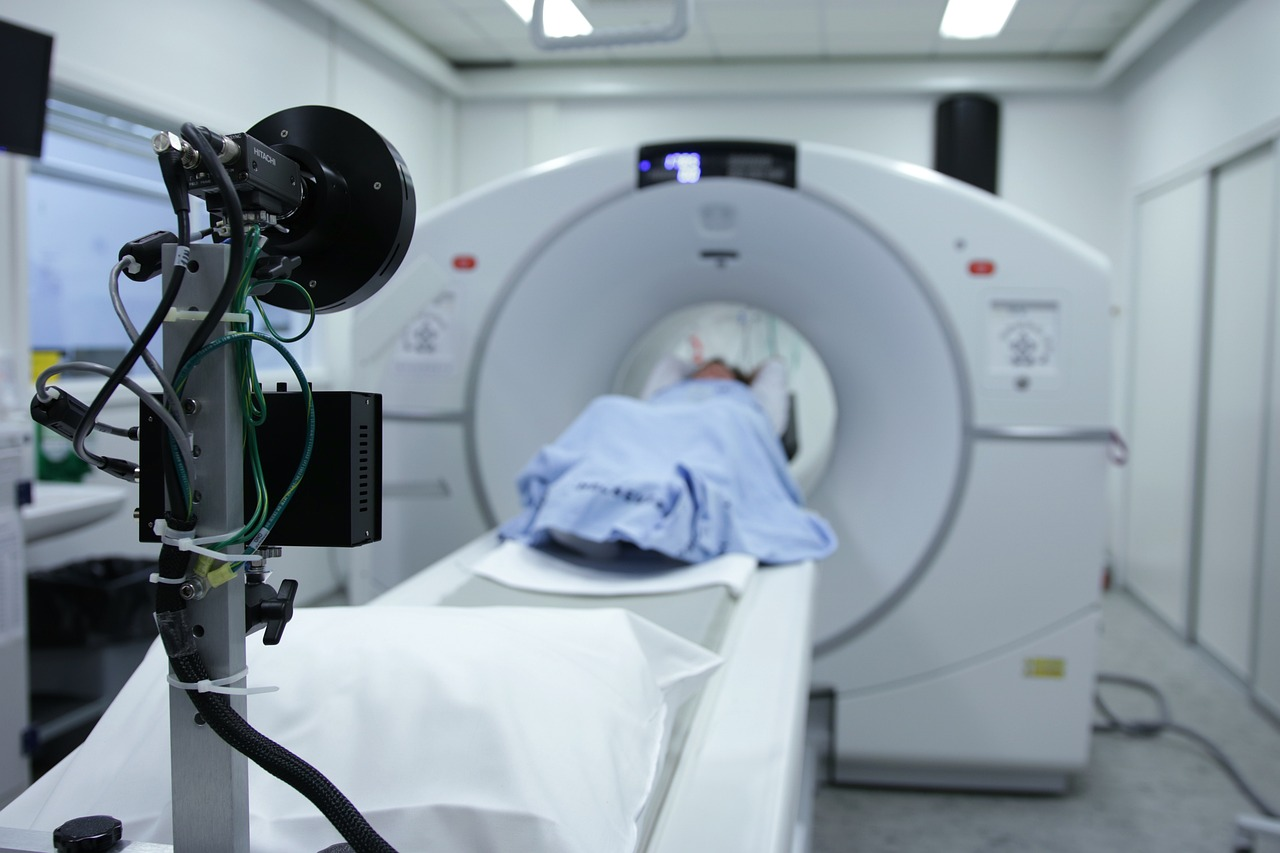Putting You in Charge: The Power of Patient-Centered Care
In today’s healthcare landscape, navigating the path to optimal well-being requires a collaborative approach. Gone are the days of passive doctor-patient interactions. The concept of patient-centered care empowers you, the patient, to take an active role in your healthcare decisions.
A Shift in Focus
Traditional healthcare models often position the doctor as the sole authority figure, dictating treatment plans with limited patient input. Patient-centered care flips this script. It recognizes that you, the patient, are the expert on your own body and experiences. This approach prioritizes open communication, shared decision-making, and aligning treatment plans with your individual preferences and goals.
The Benefits of Collaboration
Patient-centered care offers a multitude of advantages:
- Improved Outcomes: When you actively participate in your healthcare decisions, you’re more likely to understand and adhere to treatment plans, leading to better health outcomes.
- Increased Engagement: Feeling empowered and heard fosters a sense of ownership over your health, leading to greater engagement in self-care practices.
- Enhanced Satisfaction: Patient-centered care fosters a more positive healthcare experience, as your values and concerns are actively taken into consideration.
What to Expect from Patient-Centered Care
- Open Communication: Your primary care doctor in Bristol, CT, should encourage open communication and answer your questions in a clear and understandable manner.
- Shared Decision-Making: Your doctor will present treatment options, outlining the risks and benefits of each, while respecting your values and preferences when making final decisions.
- Personalized Care Plans: Treatment plans won’t be a one-size-fits-all approach. They’ll be tailored to your specific needs, lifestyle, and overall health goals.
- Respect for Your Input: Your opinions and concerns matter. A patient-centered doctor listens attentively and respects your decisions about your health.
Taking Control of Your Health Journey
Patient-centered care empowers you to take charge of your health and well-being. Don’t be afraid to ask questions, voice your concerns, and actively participate in discussions about your healthcare choices. Remember, knowledge is power. The more informed you are about your health, the better equipped you are to make informed decisions for a healthier you.
Experience the Power of Partnership
At Bristol Primary Care LLC, we believe in fostering a collaborative environment where your voice matters. Our dedicated team of family medicine specialists and internal medicine physicians are committed to providing exceptional primary healthcare services in Bristol, CT.
We prioritize open communication, shared decision-making, and developing personalized care plans that align with your unique needs and goals.
Contact us to learn more, schedule an appointment today, and discover the power of patient-centered care at Bristol Primary Care LLC! Together, let’s embark on a journey towards a healthier and happier you!



 A Holistic Approach to Health
A Holistic Approach to Health















